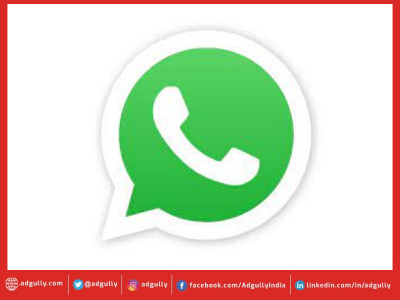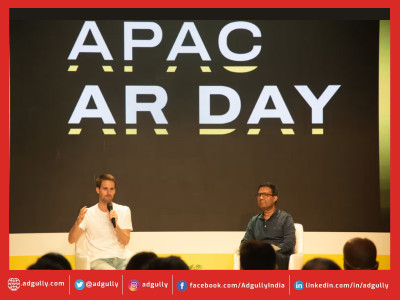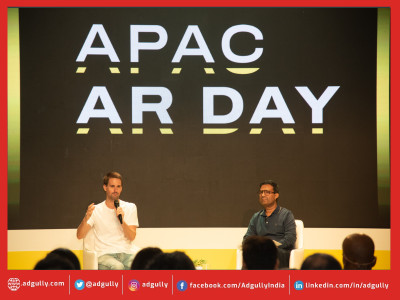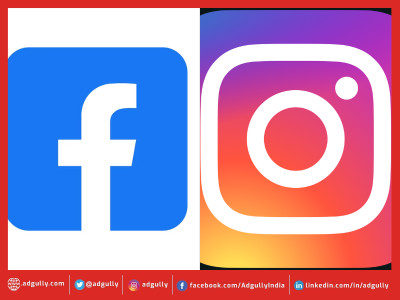FB takes long view on India strategy; An open cheque book, says Ajit Mohan
Ajit Mohan, Vice President and Managing Director – India, Facebook, and Shekhar Gupta, Chairman and Editor-in-Chief, The Print, addressed an industry gathering on Thursday, December 5, 2019, at the Global Technology Summit 2019 hosted by Carnegie India.
Speaking at the event, Mohan talked about Facebook’s global perception and why it was drawing so much media attention in recent history. According to Mohan, the scrutiny on Facebook was because it was “fairly enlarged, consequential and used widely around the world.” He agreed that there should be scrutiny on a company “that is so deeply embedded into the social fabric of societies around the world”.
He added that after joining the company in 2018, Facebook had created a new roadmap that was more focused on privacy. He believed Facebook had made a fundamental assumption that third party developers would behave a certain way and adhere to the policies which didn’t work out.
Response to new technology and disruption that came out of it in the last 20 years has followed the same cycle, according to Mohan. Earlier, it was celebrated, but now the pendulum has shifted and moved to the other extreme, where there is a lot of fear and concern about the implications of technology. However, Mohan hoped that the pendulum would return to a more balanced place and that governments are right to frame rules for the countries they manage.
When asked how Facebook would deal with different laws in different countries, Mohan replied, “We clearly believe that it is in the interest of a country like India to have rules in place, but at the same time also allow for the movement of knowledge and data, and the work that is done on the data.”
He added that different regimes needed to develop clarity on how data and knowledge would move across national boundaries.
In May this year, WhatsApp was hacked by an Israeli company NSO in a cyber attack that leveraged fundamental vulnerabilities in the operating system. About 1,400 users were targeted around the world. Mohan used this example to support WhatsApp’s commitment to end to end encryption.
He said, “This is an ongoing game, there will always be actors who try and breach a secure fortification, and part of the reason why we believe that end to end encryption is so critical to pushing back against actors like NSO who are trying to breach the privacy of users.”
Mohan opened up about plans for WhatsApp Pay in India. He stated that, “We have an economic incentive to get it right on trust”, insisting that at Facebook after the events of three years ago, the economic structure and agenda of building trust were completely aligned.
With 420 million users of WhatsApp in India, Mohan believed that there was sufficient scale to launch WhatsApp Pay adding that UPI was good for financial inclusion in India and Facebook would be a big part of driving that agenda.
The opportunity in India for Facebook does not come from a short-term transactional lens, said Mohan, reasoning that India still makes up a small percentage of Facebook’s global revenues. Mohan observed that the appetite to invest in India is enormous, “It is an open cheque book.”
















Share
Facebook
YouTube
Tweet
Twitter
LinkedIn